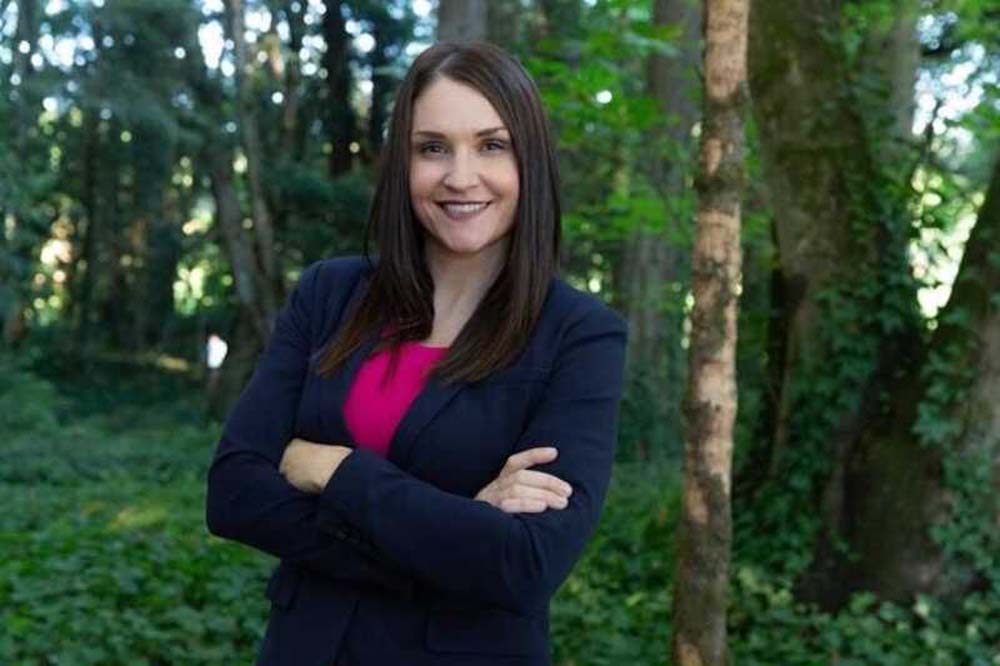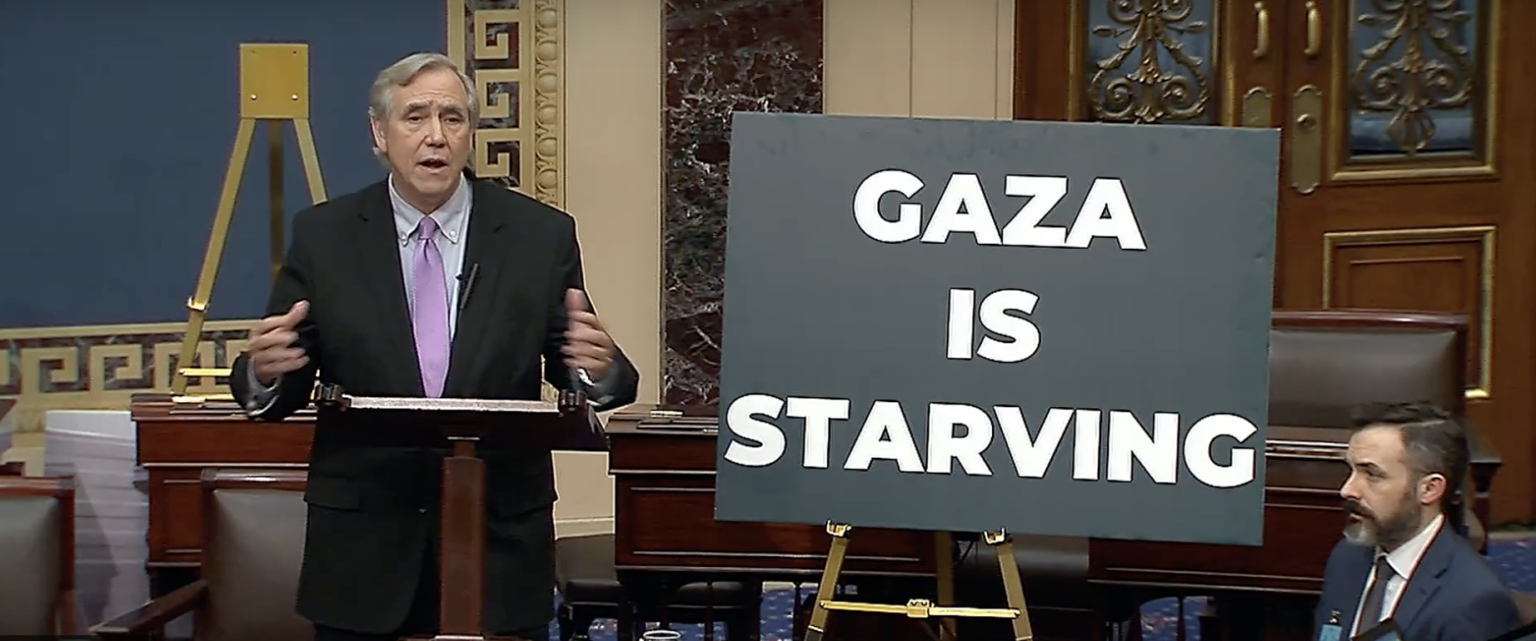PPS hasn’t fixed issues called out in 2019 audit, state says (copy)
Published 12:00 am Wednesday, March 9, 2022

- Shemia Fagan
The Oregon Secretary of State’s Office says Portland Public Schools has yet to fully implement most of the improvements the state recommended in a 2019 audit.
Trending
In a follow-up report released Wednesday, March 9, Secretary of State Shemia Fagan’s office said PPS has made progress, but still has substantial work to do if it’s serious about improving equity and outcomes for students, particularly at high poverty schools.
The state’s audits division found PPS has only fully implemented two of 15 recommendations highlighted in a 2019 audit of the district.
The 2019 audit of Oregon’s largest school district found the district had “limited and inconsistent” monitoring of spending and performance, even as student outcomes and achievement lagged.
Trending
In 2019, state auditors found:
• The state doesn’t do enough to support or monitor efficient spending at PPS
• More budget transparency is needed
• PPS spends more on support services than other districts, but less on instruction.
• High staff turnover and teacher absences at high poverty schools
• Ineffective monitoring of whether money intended for vulnerable students is actually helping them
• PPS fails to adequately serve its Black, Latino and economically disadvantaged students
• The Oregon Department of Education does not adequately enforce district standards or a K-12 accountability system
Auditors concluded, among other things, that PPS should find a way to save money and redirect funds to better serve students and figure out how to retain talented staff and principals at high-poverty schools.
Since then, some improvement has been made, but PPS was hampered by the COVID-19 pandemic, the SOS report notes.
To date, PPS has taken what SOS auditors called “positive steps,” including the development of an equity-focused strategic plan, improved contract management, and investing more in professional development for teachers. The district also added more support staff at high-poverty schools.
“However, three years after the audit, auditors identified significant gaps in management focus and board oversight,” a media release states.
“It was concerning to us, the number of partially implemented or (incomplete) recommendations,” Andrew Love, audit manager with the state, said Wednesday.
Love and Kip Memmott, the state’s audits director, said the agency reached out to PPS to ask for direct evidence that the recommended actions from 2019 had been implemented and issues had been fixed, but the district didn’t provide that information.
The state’s follow-up report comes as PPS is planning cuts to its teaching staff, in the face of a projected enrollment decline. Critics, including teachers, have sharply ridiculed the plan to cut staff, noting PPS will have more money to spend next school year than the prior two years and cutting staff will only threaten the district’s progress toward meeting state expectations.
“There are several places where our (higher poverty) schools already have too many kids in their classrooms,” Elizabeth Thiel, president of the Portland Association of Teachers, said Wednesday. Thiel noted class sizes impact the quality of education and connection students get.
Secretary of State Fagan said education and teachers helped pull her family out of poverty, and noted the need for education systems to do the same for kids today, specifically students of color, who have historically been overlooked by the education system.
“As a kid growing up poor, raised by a single parent in Eastern Oregon, a teacher in Dufur School taught me to play chess,” Fagan recalled. “They wanted me to join an after school program, which led me to the Oregon State Chess Tournament.” She became an Oregon Scholastic Chess champion in fourth grade.
“I remember watching my brothers hoist my trophy over their heads and yelling, ‘my sister’s the chess champion!’ and for the first time as a fourth grader, I knew that it didn’t matter that I didn’t have everything that other kids had in their lives, that I was going to be able to compete. I’ve been committed to doing everything we can to provide … the same opportunities I received to today’s students.”
In a joint statement from Amy Kohnstamm, PPS school board member who leads the district’s audit committee, and Jonathan Garcia, PPS chief of staff, the school leaders said they agree the district still has substantial work to do to improve results for Black, Indigenous and students of color (BIPOC).
“We appreciate today’s report acknowledging the challenges of the pandemic and the significant progress that has been made,” Kohnstamm and Garcia said. “Since 2019, PPS has worked with the state auditors, providing regular updates on progress. Our work on the issues identified predate this audit and continues under the leadership of Superintendent Guerrero and the School Board. Complex and deeply entrenched racist systems will take strategic and deliberate action to dismantle, guided by our unapologetic and relentless commitment to lifting up positive learning experiences for our BIPOC students.”







